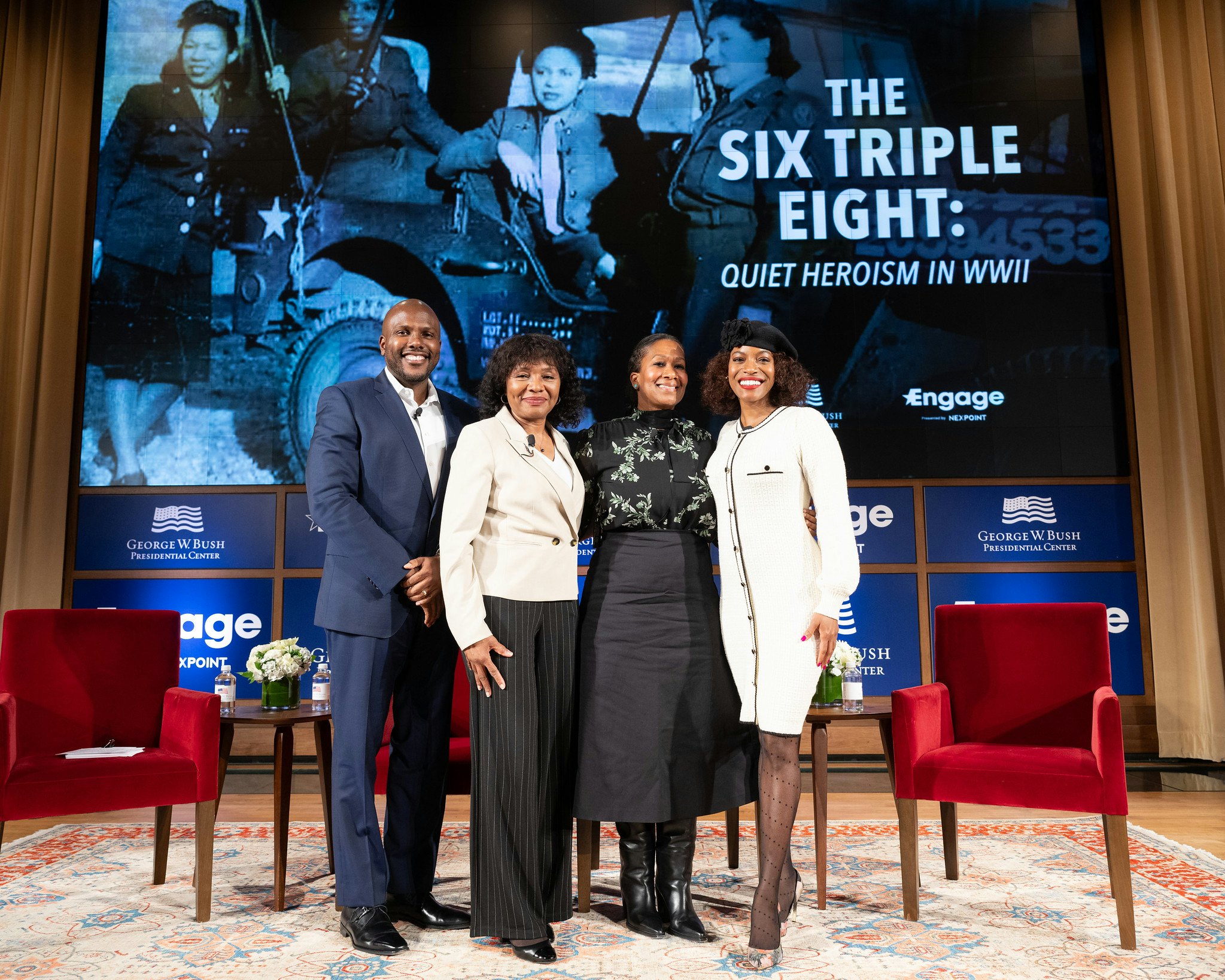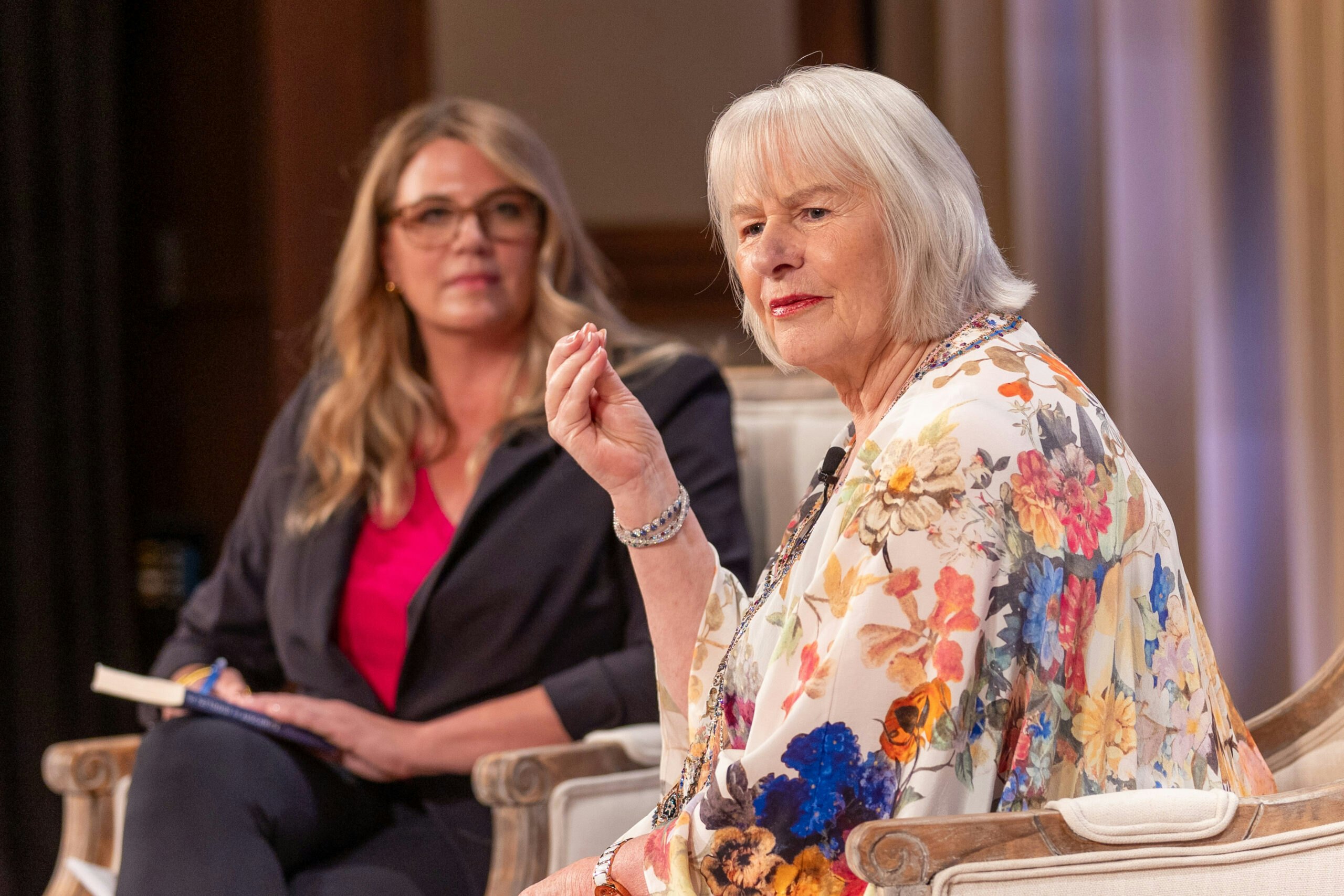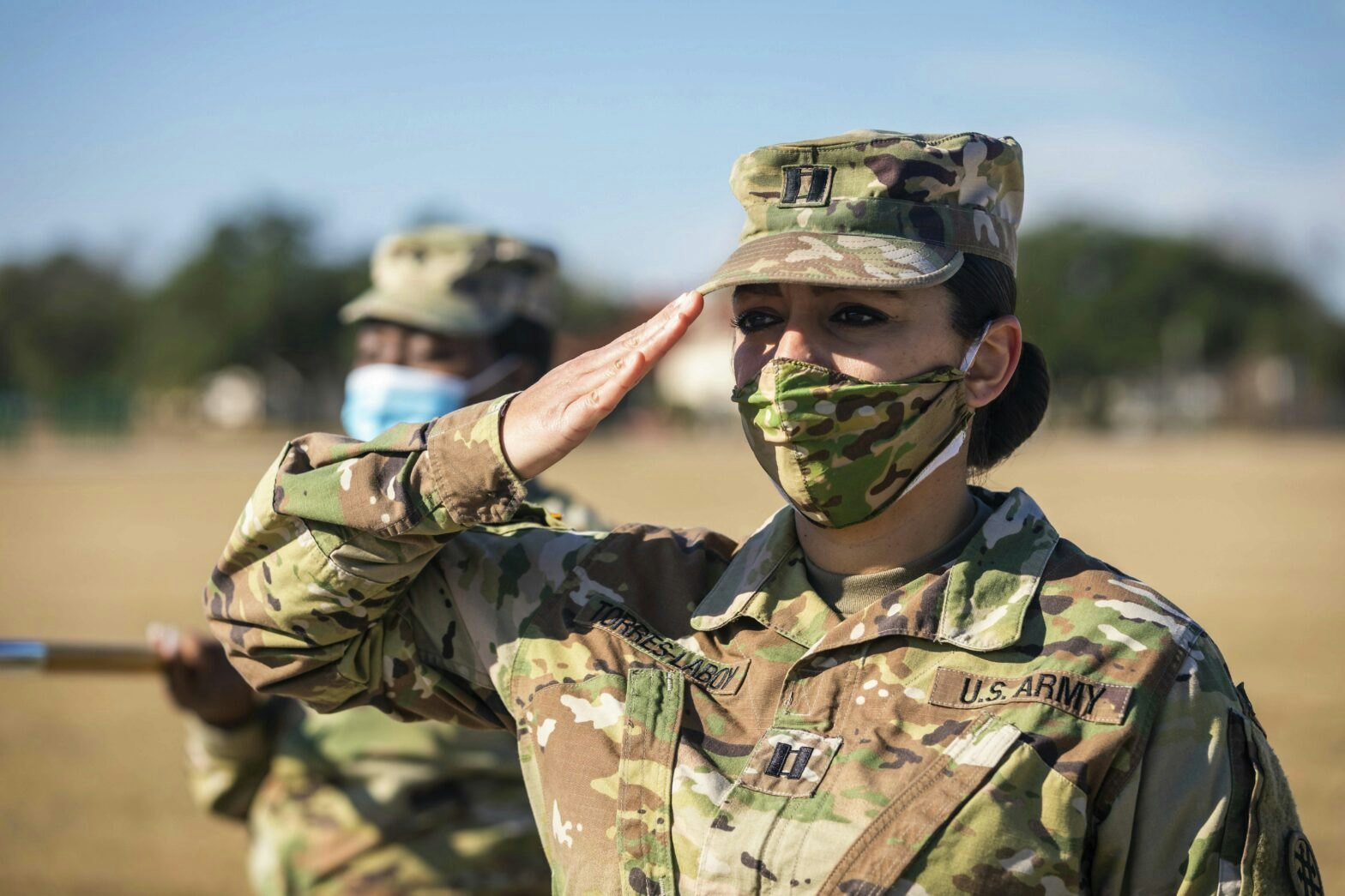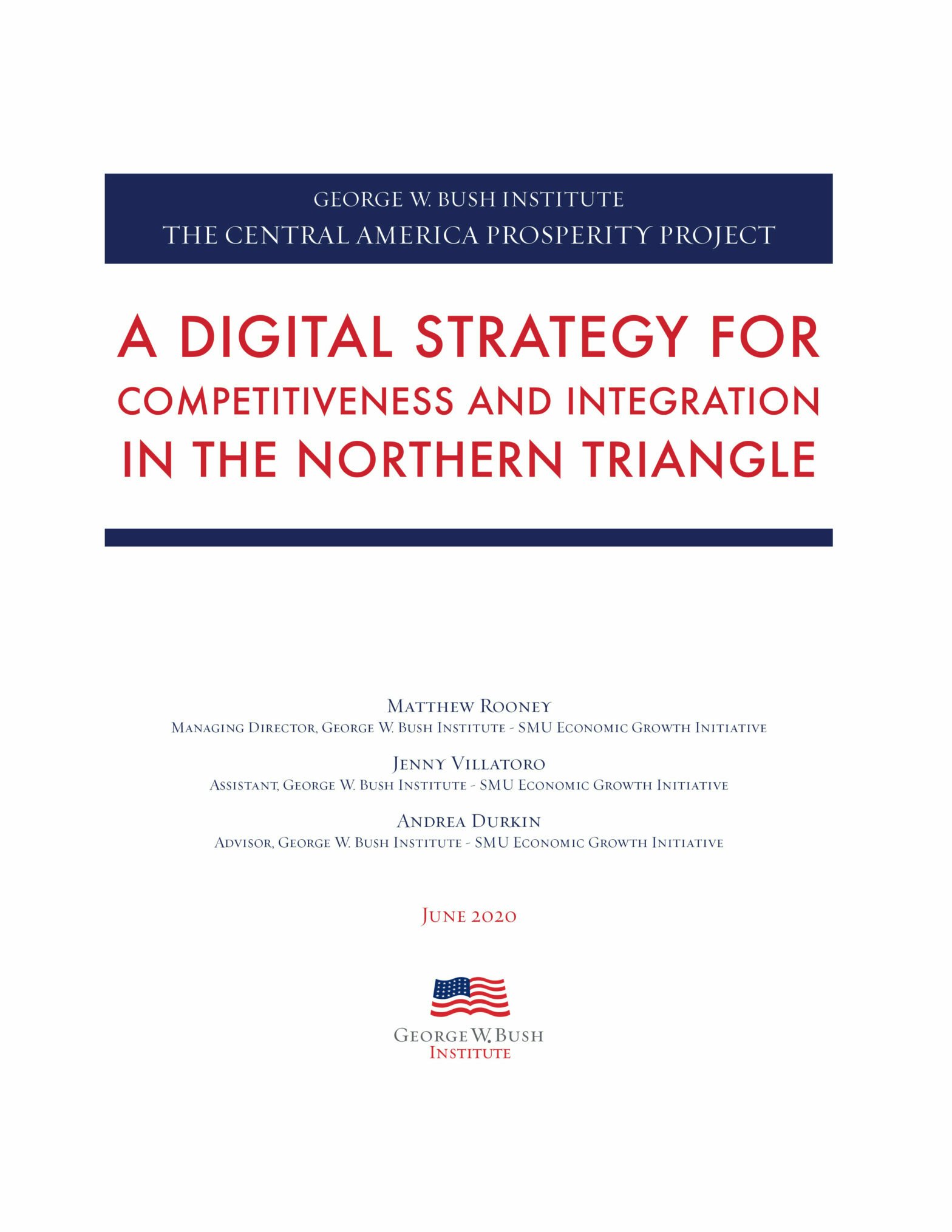Cindi Williams is Partner and CEO of WayPoint Education Partners, a mission-focused education policy and communications firm based in Bellevue, Washington and working at the national, state, and local levels. She is also co-founder of the nonprofit Learning Heroes. Williams joins us this month to talk about her extremely compelling TEDx Talk, “The One Question to Ask About Your Child’s Grades,” her reflections on the lasting impact of No Child Left Behind and the Bush Administration experience she will never forget.
Q: You recently did a TEDx Talk entitled, “The One Question to Ask About Your Child’s Grades.” First, what was the process to get this opportunity and what was the experience like for you?
It was so scary! You know when you sign up that the TEDx team’s expectations are super high and that you have to memorize the talk. I was fortunate that I knew a member of the TEDx team in my community in the Seattle area. She was familiar with the research that we were doing at Learning Heroes and reached out. The process was rigorous and spaced out over the course of close to a year. You have deadlines for your framework, your initial draft and your final and several dry runs.
I was also provided a coach, Montana von Fliss, who was a Shakespearian actress. She was performance centered vs content centered…which was new for me. I am fortunate now to have her in my head. I tend to be very wordy. If something can be said in 10 words, I say it in 20. Montana was constantly removing paragraphs and asking why my audience needed to know what I was sharing. The less we say, the more control we have over what the audience remembers. I am learning how to self-edit a bit and stop talking before my audience stops listening.
Q: So, what is the one question parents should ask about their child’s grades at parent-teacher conferences?
Is my child on grade level in reading and math? The overwhelming majority of students are not. As a matter of fact, 9 out of 10 parents think their child is at or above grade level and the real answer is close to one third are at or above grade level. Parents cannot solve a problem they don’t know they have. Grade inflation is the culprit. Over 80% of parents say their children are bringing home Bs or better. But what the system never explains to parents is that grades reflect a lot of things – like participation and effort and attendance and homework, which are important pieces of the puzzle, but different from mastery. At Learning Heroes, our goal is to bridge that gap and to provide parents with the information and resources they need to help parents advocate for their child. There is so much data now, thanks to President Bush and Margaret Spellings and No Child Left Behind. We have state assessments in grades 3-8 and once in high school, as well as classroom diagnostics like Lexile and MAP Growth and the list goes on. But somehow, parents never get access to all these data points. We have to help parents understand that grades do not equal grade level and they need and deserve to see the full picture of their child’s learning.
Q: You worked on President Bush’s No Child Left Behind Act during your time in the White House Office of Public Liaison…and then in leadership at the Department of Education. What is the legacy of NCLB?
I am so proud of NCLB and what it stands for. There is no such thing as a perfect law, but without it, we would have no idea how our students were doing post-COVID, and we would not be able to disaggregate that data by race and income. More importantly, we could not ensure that the students who have the greatest need receive the most support. Margaret’s “bright lines” are still true. We need to know how every student is doing. And as parents of a special needs student, my husband Tony and I have even more appreciation for the fact that schools have to report on growth for this unique student population. The soft bigotry of low expectations is still alive and well, but the difference now is that we have an evidence base to hold leaders accountable in the court of public opinion.
Q: Can you tell us about your decision to launch Waypoint Education Partners and the type of work you are doing?
I owe a debt of gratitude to Terrell Halaska Dunn (HHS, EOP, DoEd) and Kristin Conklin Hultquist (DoEd) – two fellow Bush Administration alumnae – for helping me get started. We are an outgrowth of their firm HCM Strategists. Our focus is K-12 and scaling and communicating the policies, practices, and knowledge that will promote a more equitable education system. I am fortunate to be joined at Waypoint by another Bush alumna, Jocelyn Pickford (DoEd). As you know, once you work for Margaret, you always work for Margaret, and the high goals and expectations she and President Bush had for our education system. We feel like we are pushing a boulder uphill post-COVID, but we cannot give up. Our partners are fearless, innovative, and mission-aligned – such as the Bipartisan Policy Center, U.S. Chamber of Commerce Foundation, Harvard’s Center for Education Policy Research, Learning Heroes, Daniels Fund, the Collaborative for Student Success, SAS, NPTA as well our work in states such as Virginia, Tennessee, Texas, New Mexico, California, and Arkansas. We love the opportunity to reconnect with Bush-Cheney alumni across the country who remain engaged in the fight for kids.
Q: What is your favorite story or moment from your time in the Administration?
There were so many moments that feel almost surreal now because they were such a privilege, but the one I come back to time and time again was when I was working for Karl Rove (EOP) and Lezlee Westine (EOP) in the Office of Public Liaison immediately following 9/11. We were standing up the U.S. Afghan Women’s Council with Paula Dobriansky (DoS) and her team at the State Department. President and Mrs. Bush sent a group of women leaders, including Karen Hughes (EOP, DoS) and Barbara Barrett (DoS), to make the point that the U.S. was supporting the rights of women in Afghanistan. We were the first civilian flight in after the terrorist attacks. We flew into Kabul in the middle of the night with the full protection of our military. We met with President Karzai and his Cabinet, as well as women who aspired to be leaders in the new government. To see these women transition from tragedy to hope was beyond inspirational. I have never seen bravery like that since and it has made the recent turn of events even more devastating and hard to process. It’s has been very meaningful for me to watch how the Bush Institute has carried on this work in support of Afghan women and children – work that continues, even with the Taliban’s return.























